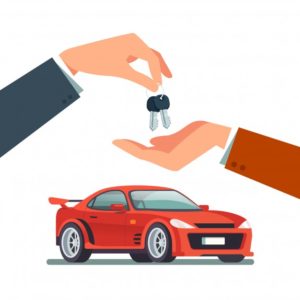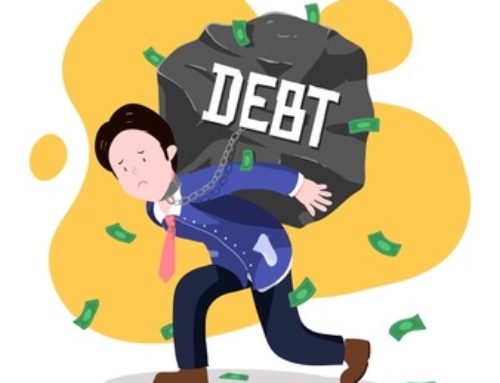When you borrow money and apply for a secured loan to purchase a new car, you have to give the lender or loan company a loan agreement that provides them a security interest for the property or asset pledged as collateral, which, in this case, is your car. This contract for a car loan often contains outline provisions for the advancement of funds, a repayment schedule, or insurance requirements. A creditor can also repossess the vehicle even without notice if you fail to pay the monthly installment fee on time. In cases like this, you can avoid repossession by negotiating with your creditor. However, if you fail to make a payment on your car loan and a car repossession can’t be avoided, the leasing company or the bank will seize and sell your car to pay off your unpaid debts.
What Happens in a Car Repossession
Vehicle repossession laws can vary in each state; getting an experienced Clinton bankruptcy lawyer can help you better understand the specific state laws regarding car repossessions that can help with your case. In general, debt collectors can seize your car using what is called voluntary repossession. This means that taking your car without seeking legal action or having to file a lawsuit against you or sue you in a bankruptcy court is possible for lenders. They just simply have to hire a repo man or a repossession company to confiscate your car.
While creditors may have the legal right to repossess your car, you, on the other hand, have the legal right and protection against any unlawful, unreasonable, or unfair action. Repossession agents can confiscate a vehicle parked on private property. However, they must follow a legal process and do it in a commercially reasonable manner. During a repossession, a repo agent cannot use force or the threat of force, according to Mississippi law.
 Repo agents are obliged to follow certain rules when seizing your car:
Repo agents are obliged to follow certain rules when seizing your car:
- They’re not allowed to damage personal and private property.
- They’re not allowed to use violence against you.
- They’re also not allowed to confiscate automobiles that aren’t used as collateral for an auto loan.
Even if the borrower fails to pay the balance due on time, a lender can’t just simply repossess your vehicle unless otherwise stated in your payment plan. For example, your car got repossessed by a lender because you have an unpaid balance in your loan that is three weeks overdue. But if it is indicated in your loan agreement that there’s a grace period to catch up on late payments, then you’re not in default and your car won’t be seized.
If a lender repossessed your car and made certain violations while doing so, then you’re entitled to damages which you can use as a defense in a lawsuit.
How Can I Get Back My Car That Has Been Repossessed?
If your van, car, truck, or other vehicles get confiscated, you have the legal right to get it back. There are several options on how you can repossess it which depends on the state laws and provisions in your car loan contract. You can either “redeem” your car or choose to reinstate the loan.
Mississippi law allows the borrower to redeem the vehicle prior to any sale. The redemption of a vehicle is possible once you’ve repaid your balance in full, which includes late payment charges, court costs, collection costs, and other repossession charges like repair fees, storage costs, and tow charges. Once the redemption process is finished, the repossessed cars will be given back to the owner. However, if the borrower agreed in the sales contract to waive this right, she cannot redeem the vehicle or get the car back.
Another option you can do is to “reinstate” your loan. Once your loan is reinstated, you have to pay back the outstanding debt that is past due including other repossession costs and late penalty fees. Your car will then be returned to you and you must then continue paying the monthly payments in accordance with the terms and conditions of the loan agreement and repayment plan.
Once the repossession process is over, you’ll receive a letter or written notice from your creditor informing you about your car redemption or loan reinstatement. If they didn’t send you a letter, you can contact your creditor and ask about it. You may also ask for a report of your outstanding balance and loan payment plan.
Another way of dealing with a car repossession is doing a voluntary surrender of your car. You can get your car back by bidding on the vehicle and buying it back from the lender when they decide to sell the vehicle at a public auction or private sale. Doing this can get you your car back, but you’d still have to make payments for the remaining balance in your loan.
Dealing with lenders and car repossession can be an arduous process, but help is available. Seek the help of a Clinton bankruptcy lawyer to assist you with your legal needs. In case your vehicle was wrongfully repossessed by a lender, a bankruptcy attorney can help you file a lawsuit in court.
At the Rollins Firm, we have competent and experienced bankruptcy attorneys who can guide you through all the legal processes related to filing bankruptcy and give you guidance on how to avoid car repossessions, wage garnishment, and property foreclosure. Call us today to start your initial legal consultation.






Connect with Us